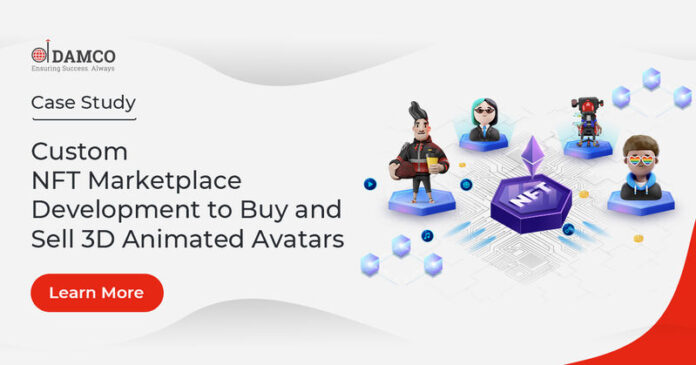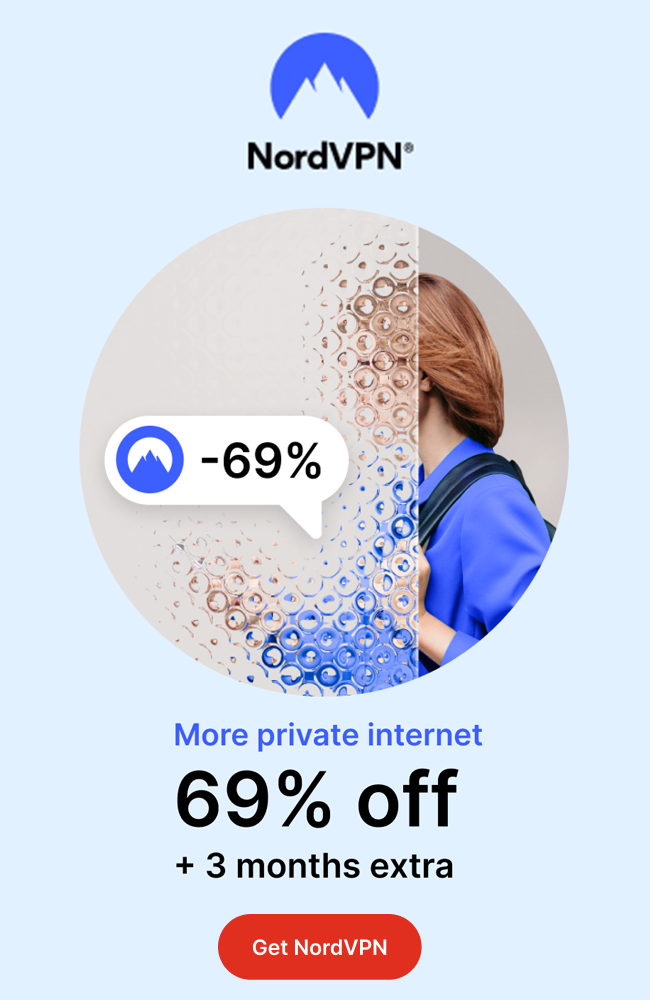In this digital world, everyone desires to run a business online. This trend leads to the emergence of cryptocurrency. Both enterprises and individuals are actively participating in the process of acquiring their digital assets. One such digital asset that has attracted the attention of several enterprises is NFT. Enterprises can experience the ability to improve Return on Investment (ROI) through NFT trading.
Understanding the significance, many enterprises are looking for a convenient platform that enables both business users and individuals to discover, buy and sell items using Non-Fungible Tokens (NFT). However, developing an NFT marketplace helps organizations easily display assets for sale or giveaway. In addition, the NFT marketplace development offers greater benefits, especially in terms of revenue and securing trust among a huge audience base.
Understanding NFT Marketplace
NFT marketplace is a digital platform where authorized users can buy, sell, and trade Non-Fungible Tokens. These tokens can represent a range of assets, including music albums, digital art, business documents, real estate, and many others. NFT marketplaces with sophisticated functionalities such as AR/VR integration and 3D modeling experiences allow for a more interactive and immersive experience for creators and users. Notably, the amount of NFT marketplaces expanded considerably from roughly 4500 in 2020 to around 28600 in 2023.
How Businesses Can Monetize Using NFT Marketplace
Here are some of the ways for businesses to monetize using NFT marketplace development:
- Platform Fees – The creators of the marketplace receive fees from the asset owners during launch and sales.
- Voting Tokens – The tokens used for polling and decentralized decision-making have value and can be exchanged, traded, and wagered, allowing marketplace creators to earn.
- Registration Fees – NFT marketplace creators can charge account registration fees from users participating in the trade.
- Advertising – NFT marketplace helps enterprises influence audiences throughout different countries and liquidate their assets, thereby allowing them to promote, gain user trust, and earn revenue from advertising.
How to Build NFT Marketplace
Though, developing an NFT marketplace with in-house app developers is quite challenging and possibly not an effective option for organizations. To get comprehensive support, enterprises should opt for outsourcing NFT marketplace development. Outsourced NFT experts know what business owners need to go through to create a marketplace. The dedicated NFT developers can create completely custom NFT marketplaces for different niches. In addition, developers incorporate key features such as scalable bidding choices, progressive token search, integrated wallet, and personalized user dashboards to drive user engagement.
Let’s look at some of the key stages followed by dedicated NFT developers during marketplace development:
Feature Cataloging
Initially, dedicated developers from the right NFT development company help enterprises determine the goals and objectives of their NFT marketplace. This could include the types of tokens it will support, the target demographics, layout design, and other special features that give a competitive edge.
Choosing Blockchain Technology
Typically, Ethereum is the go-to option for developers to create NFT marketplace solutions. It is because of the availability of Token support components like ERC-721 and ERC-1155. These tokens encrypt confidential information, such as asset ownership and network transactions, thereby eliminating the possibility of tampering with data. Further, Ethereum-built NFT marketplaces are able to rapidly organize transactions such as minting, exchange, and storage.
However, Ethereum Blockchain has some fair share of disadvantages for marketplace development. In general, NFT marketplaces should support cost-effective transactions. The key issue when developing NFT marketplaces using Ethereum is the exorbitant gas fees. Considering this scenario, many enterprises are launching their NFT marketplace on other Blockchain platforms like Solano, Cardano, and Binance Chain.
Designing
The following phase is the UI/UX design of the NFT trading platform. Dedicated NFT developers define marketplace’ style, colors, and fonts, and make dashboards and shopping carts more engaging and user-friendly.
Development
Developers use coding languages and tools to include a range of functionalities, such as:
- Smart Contracts – Smart Contracts are helpful in minting NFTs and completing purchase transactions automatically once the pre-coded conditions are met. The developers carefully test the code before deployment to ensure it does not include vulnerabilities that can be misused by attackers. This adds a level of transparency and security to the marketplace’s transactions.
- Payment Gateway Integration – It is a crucial feature of the NFT marketplace. Developers establish a secure payment system such as PayPal or Stripe and incorporate a wallet that supports NFTs. This guarantees a secure and seamless transaction journey for both NFT buyers and creators.
- Cybersecurity Mechanisms – When it comes to online trading, security is highly important. NFT marketplace developers include reliable cybersecurity mechanisms like authorization controls, asymmetric data encryption, and fraud detection systems. These are all crucial to ensure the security of the trading platform and secure the private data that it records.
Testing & Enhancements
App testing allows developers to identify bugs and errors prior to the NFT marketplace deployment. Experts can help enterprises with Quality Assurance, and evaluate the appearance, functionality, and performance of marketplace solutions across multiple devices.
Though, after deployment, dedicated NFT developers can regularly monitor and evaluate the marketplace, making upgrades and enhancements as needed. This can include resolving bugs, incorporating new features, and enhancing the user experience to keep the trading platform competitive and relevant in the domain.
Summing Up
In recent times, organizations are increasingly investing in NFT marketplace development after realizing its potential. Relying on NFTs gives both creators and buyers a greater level of security. Enterprise users can exchange their assets even across borders.



